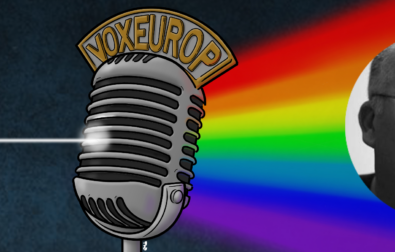As American officials sound the alarm over what they call a resurgent threat from the Shiite militant group Hezbollah, thousands of its members and supporters operate with few restrictions in Europe, raising money that is funnelled to the group’s leadership in Lebanon.
Washington and Jerusalem insist that Hezbollah is an Iranian-backed terrorist organisation with bloody hands, and that it is working closely with Tehran to train, arm and finance the Syrian military’s lethal repression of the uprising there. Yet, the European Union continues to treat it foremost as a Lebanesepolitical and social movement.
As Israel heightens fears of a pre-emptive strike on Iran’s nuclear sites, intelligence analysts warn that Iran and Hezbollah would respond with attacks of their own on targets abroad.
While the group is believed to operate all over the Continent, Germany is a centre of activity, with 950 members and supporters last year, up from 900 in 2010, Germany’s domestic intelligence agency said in its annual threat report.
Hezbollah has maintained a low profile in Europe since the attacks of September 11, 2001, quietly raising money that goes to Lebanon for humanitarian activities such as building schools and clinics, and, Western intelligence agencies say, carrying out terrorist attacks.
European security services keep tabs on the group’s political supporters, but experts say they are ineffective when it comes to tracking the sleeper cells that pose the most danger. “They have real, trained operatives in Europe that have not been used in a long time, but if they wanted them to become active, they could,”said Alexander Ritzmann, a policy adviser at the European Foundation for Democracy in Brussels, who has testified before the US Congress on Hezbollah.
Was this article useful? If so we are delighted!
It is freely available because we believe that the right to free and independent information is essential for democracy. But this right is not guaranteed forever, and independence comes at a cost. We need your support in order to continue publishing independent, multilingual news for all Europeans.
Discover our subscription offers and their exclusive benefits and become a member of our community now!












